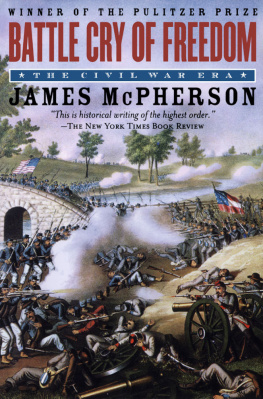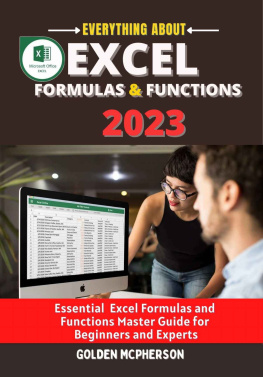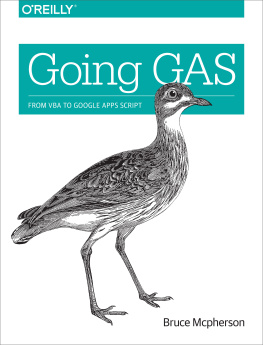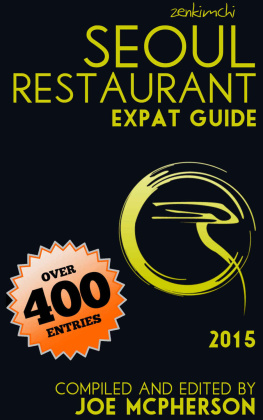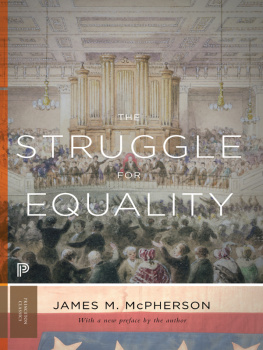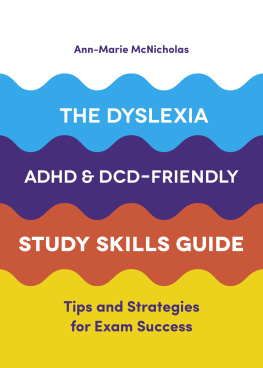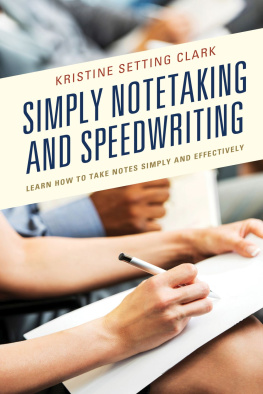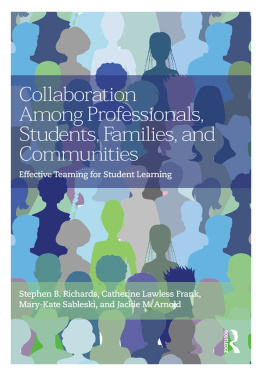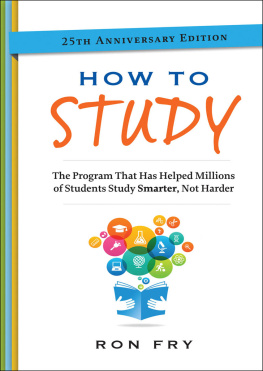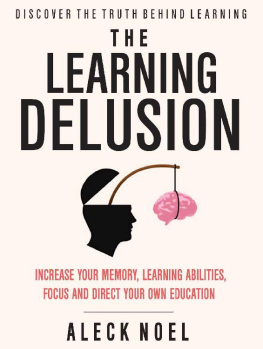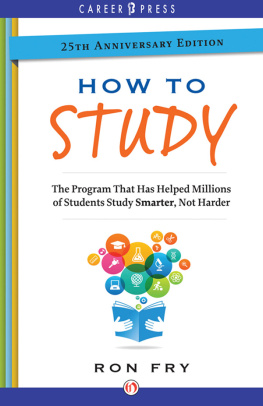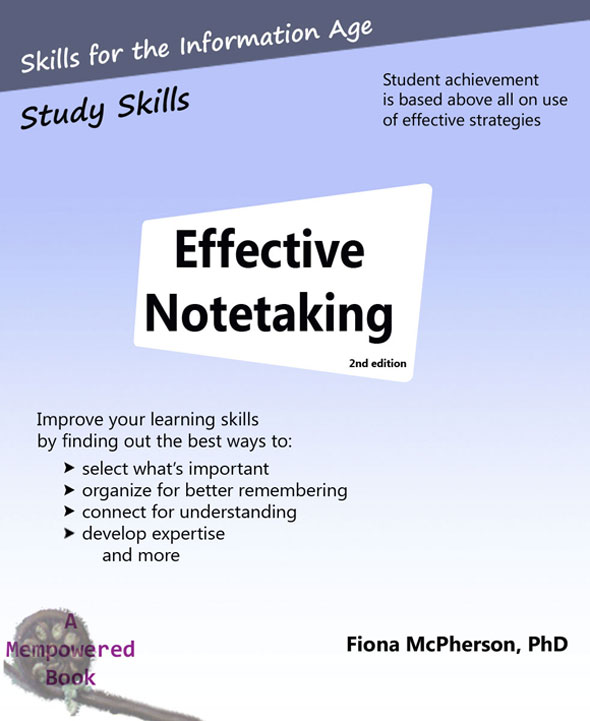Effective note-taking
By Dr Fiona McPherson
www.mempowered.com
Published 2012 by Wayz Press, Wellington, New Zealand.
Copyright 2007 by Fiona McPherson.
All rights reserved.
Smashwords edition.
Smashwords License Statement
This ebook is licensed for your personal enjoyment only. This ebook may not be re-sold or given away to other people. If you would like to share this book with another person, please purchase an additional copy for each reader. If youre reading this book and did not purchase it, or it was not purchased for your use only, then please return to Smashwords.com and purchase your own copy. Thank you for respecting the hard work of this author.
First published 2007
Revised 2012
ISBN 978-1-927166-00-0
1.
Introduction to mnemonics
Note for Kindle readers
Because the Kindle is not the ideal medium in which to convey images or work through exercises, I have also put copies of the images plus a printable document with all the example texts, as well as other resources, in a special section on my website:http://www.memory-key.com/books/effective-notetaking/resources
1. Introduction
Being a successful student is far more about being a smart user of effective strategiesthan about being smart. Indeed, we can predict how well a student will do simply on the basis of their use of study strategies. Forget intelligence. Forget hours put in. What is important is your use of effective study strategies.
To use a strategy effectively you need to understand how it works. You need to understand:
Why it works
How it works
When it works
When it doesnt
How to use it effectively
You also need to understand your own learning style, to help you assess whether a particular strategy is right for you.
The effective and long-term use of any memory strategy requires two things:
- that you understand why and how and when the strategy works, and
- that you practice the strategy enough to achieve mastery.
This workbook is the first in a series of workbooks on study skills. The workbooks build on the information about memory and memory strategies provided in my book The Memory Key, which sets out the principles of how memory works, and how those principles relate to memory strategies. Because The Memory Key aimed to provide an overview of memory strategies across the board, it couldnt go into depth about specific memory strategies. These workbooks aim to do that for study strategies. They provide more detailed instruction about specific strategies, examples to help you understand more fully how and when to use them, and exercises to provide practice in using them.
This workbook looks at the most important group of study strategies taking notes. note-taking encompasses many strategies, not simply the obvious ones such as how to format your notes, use headings and highlighting, how to summarize, how to review your notes, but also the more complex ones of how to evaluate text to work out which strategy is appropriate, and how to ask the right questions.
The distinction between note-taking and active reading (discussed in the next book in the series) is somewhat arbitrary. Reading actively often involves taking notes; taking notes often requires you to read. Some strategies are common to both. One such strategy involves activating prior knowledge in preparation for reading about / taking notes about a subject. This is called priming, and it really does help, especially when the subject matter is difficult or unfamiliar.
So lets get you primed, to help you get the most out of this book. Think about your answers to the following questions:
When do you take notes?
Why do you take notes?
Do you have different strategies for taking notes in a lecture and taking notes from a book?
Do you realize notes can be formatted in different ways?
Do you re-write your notes?
If you re-write your notes, do you simply copy them out again, or do you write them in different words, or in a different format?
Do you review your notes?
How do you review your notes?
Do you think skimming is a good strategy or something poor readers do?
Do you have a clear idea of what you want to get out of a text or a lecture beforehand?
In a lecture, do you try to take down everything?
Do you have trouble picking out what is important in a text or lecture?
Do you believe that successful students are simply more intelligent than less successful students?
Do you cram before an exam rather than study regularly?
Do you find information only seems to stay in your memory for a short time?
Do you have trouble concentrating?
Do you have trouble sitting still in one place for long?
Do you have trouble holding sufficient information in your head to understand whats being said?
Do you have different strategies you use for different types of information or when you have different purposes?
When you started this book, did you study the Table of Contents for a few minutes, reflecting on the various topics indicated there?
The last question is also a hint! If you didnt study the Table of Contents (and most people dont, believing that it is only provided as a type of index a place to direct you if youre looking for something specific), then I recommend you go back and look at it. Ive deliberately provided a lot of sub-headings, so you can get a reasonable idea of what is covered in this book.
Im not suggesting you pick and choose what interests you, because I think you will be surprised by some of the information for topics you may think are beneath you (like highlighting), and the chapters do build on each other. But as Ive just suggested, preparing your mind before reading a text is an important part of successful learning, and the Table of Contents is a good place to start.
Okay. I hope these questions and the Table of Contents have got you thinking about your current note-taking style, your problems, and what you want from this book. Lets dive in.
2. Making note-taking an effective strategy
Note-taking is probably the most common study strategy. Everyone takes notes not everyone knows how to do it well. Research into the effectiveness of note-taking has found surprise, surprise that sometimes note-taking helps you remember information, and sometimes it doesnt1.
So what factors make note-taking an effective strategy? Lets start by looking at what note-taking is all about. First, a couple of distinctions to help define what note-taking is.
The first distinction is that between note-taking from note-making. We take notes from a book or a lecture; we make notes as preparation for an essay or presentation or exam, or to clarify our thoughts. Although this book is mainly about note-taking (about which most research has been done), some of the discussion especially the section on concept maps is relevant to note-making.
The other distinction we need to make is one within note-taking the difference between taking notes from a lecture and taking notes from a book. Again, following the research, I talk mostly about note-taking from books. It is much easier to practice effective note-taking strategies from written texts before moving on to the much more challenging situation of a lecture. I discuss recommendations for taking lecture notes in chapter 10.



